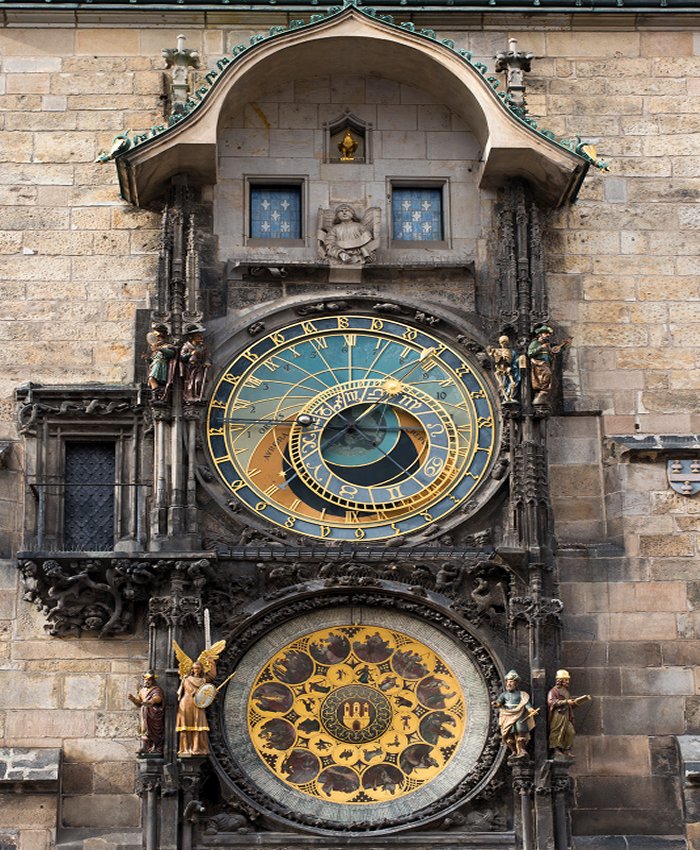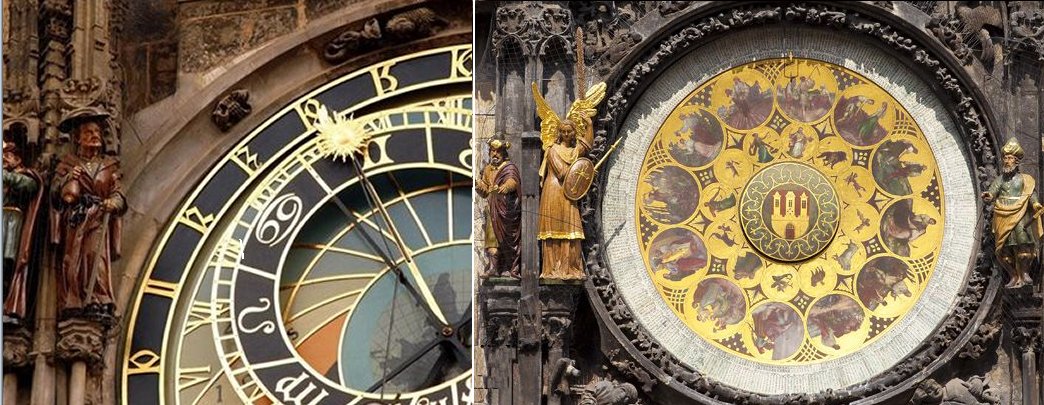AncientPages.com - On October 9, 1410, a fascinating mechanical wonder Prague astronomical clock, was mentioned for the first time.
In the Middle Ages, the Old Town astronomical clock was considered one of the world's wonders.
For more than 600 years, it has been one of the greatest treasures of the city of Prague. In fact, it still amazes people with its procession of Apostles, moving statues, and visualization of time like no other instrument in the world.
There are many legends related to the Prague Astronomical Clock.
The most famous one, however, is that Master Hanuš built it in 1410. The city councilors, at that time, were so delighted with the clock that they later began to fear that Master Hanuš would build one like it for another European city. Therefore one dark night, they had him blinded, and thus the wondrous clock remained only in the city of Prague.
Today no one knows whether or not this legend is true, but the clock is amazing.
At the top of every hour, figures on the sides of the clock become animated, and two windows open up to reveal 12 apostles greeting the city. On the sides of the clock, you’ll see a skeleton ringing a bell, a Turk shaking his head, a miser with a purse full of money, and Vanity looking in a mirror.
The whole performance ends with the crowing of a golden rooster and the ringing of the huge bell at the top of the tower.
It is also said that ghosts and devils flee from Prague at the first cock-crow in the morning.
It is possible to tell from the clock dial what day it is and its position in the week, month, and year.
The Astronomical Clock also tracks Central European, Babylonian, and Sidereal time – the last one in the world to do so! It is also possible to see the position of celestial bodies on it. On the clock, there are replicas of paintings by Josef Mánes, and the sign of the zodiac that currently reigns can be seen.
AncientPages.com
Expand for referencesCzech Republic Land of Stories
References:







